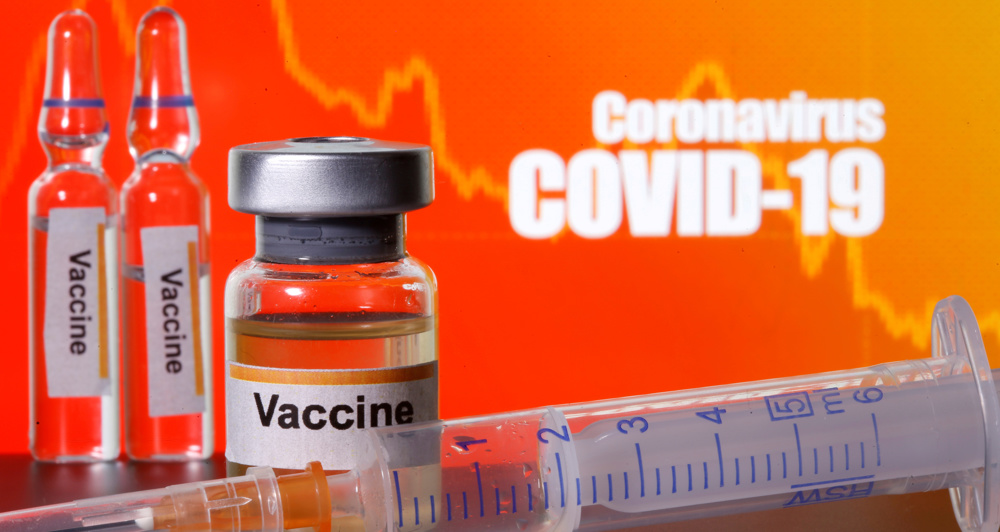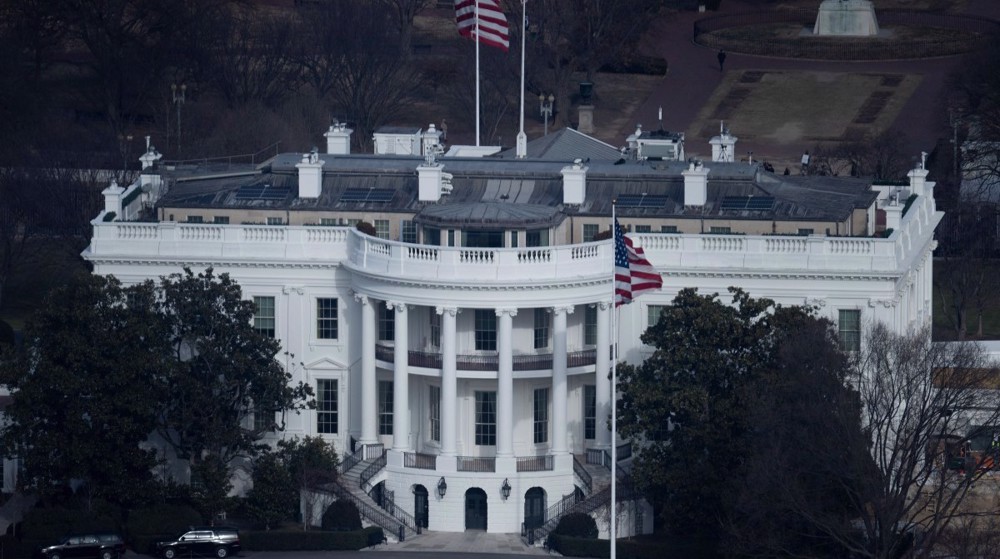Vaccines in Russia, China, UK trigger immune response to COVID-19
Vaccines for COVID-19 under development in Russia, China, and Britain are said to have triggered an immune response to the disease, which has so far killed over 600,000 people around the world.
Russia’s Sechenov First Moscow State Medical University said on Monday that its vaccine, known as Gamaleya, had developed immunity to COVID-19 in volunteers involved in trials.
“All volunteers have gained immunity,” said Elena Smolyarchuk, the head of the university’s Center for Clinical Research on Medications.
She said it took several days for the volunteers to obtain immunity.
“If the vaccine proves its effectiveness, it will be registered and large-scale post-registration research will begin, involving a big number of people who will be vaccinated and monitored in order to understand how long the immunity can be preserved,” Smolyarchuk said.
Russia’s vaccine has two separately injected components that are together expected to provide long-term immunity against COVID-19, which is caused by a new coronavirus.
The vaccine, which is being monitored by the World Health Organization (WHO), is on the path to completing all the three required phases of clinical trials and getting clearance for large-scale production.
The new coronavirus, which first emerged in China late last year and quickly spread to the rest of the world, has so far infected some 14,655,405 people.
There are more than 140 candidate vaccines being tracked by the WHO.
Oxford Univ. vaccine triggers immune response
A potential vaccine that is being developed at unprecedented speed by Britain’s Oxford University is also said to have developed immunity to COVID-19.
Trials, involving 1,077 people, showed the injection triggered the secretion of antibodies and the production of T-cells, which can fight the coronavirus.
Britain has already ordered some 100 million doses of the vaccine, being developed by British drug maker AstraZeneca (AZN.L) along with Oxford University.
China’s vaccine induces immunity
Another vaccine, which is under development by a Chinese company, likewise induced an immune response in most of the 508 healthy volunteers who got one dose of the vaccine, according to researchers.
Some 77 percent of the volunteers experienced side effects like fever or injection site pain, but none of those effects were considered to be serious.
Both the British and Chinese vaccines use a harmless cold virus known as an adenovirus to carry genetic material from the new coronavirus into the body.
“Overall, the results of both trials are broadly similar and promising,” said Naor Bar-Zeev and William Moss, two vaccine experts from Johns Hopkins Bloomberg School of Public Health.
Germany, US working on different type of vaccine
German biotech firm BioNTech and US drug maker Pfizer Inc also released details from a small study in Germany of a different type of vaccine that uses a chemical messenger known as ribonucleic acid (RNA) to instruct body cells to make proteins that mimic the outer surface of the coronavirus.
That makes the body to recognizes these virus-like proteins as foreign invaders and mount an immune response against the actual virus.
“It’s encouraging that all these vaccines seem to induce antibodies in people,” said former WHO assistant director-general Marie-Paule Kieny, now with the French research institute Inserm. “This proves that the science is moving forward very quickly, which is a good sign.”
Late-stage trials have also begun in Brazil and South Africa and are due to start in the United States.
Several manufacturers have received the US government’s blessing with a goal of developing a vaccine by year-end as cases continue to rise at a record pace in the United States, with a total of more than 3.8 million cases of the disease.
Vaccines typically require years of research and testing before reaching the clinic, but scientists are now hoping to develop a coronavirus vaccine within 12 to 18 months.
UK’s new treatment ‘a breakthrough’
Meanwhile, a British pharmaceutical company says its new coronavirus treatment has reduced the number of hospitalized patients needing intensive care in a clinical trial.
The firm, Synairge, said patients who received the treatment “were more than twice as likely to recover (defined as ‘no limitation of activities’ or ‘no clinical or virological evidence of infection’) over the course of the treatment period compared to those receiving placebo.”
“This assessment of the drug in COVID-19 patients could signal a major breakthrough in the treatment of hospitalized COVID-19 patients,” Synairgen CEO Richard Marsden said.
Hamas slams Israeli settlers’ ‘criminal aggression’ in West Bank
VIDEO | Press TV's news headlines
VIDEO | Iran launches 'Holy Qur'an Does Not Burn' campaign to restore mosques damaged in unrest
VIDEO | Ramadan amid the rubble: Gaza’s historic Al-Zawiya market defies odds
UN sounds alarm over US-generated energy crisis in Cuba
Yemeni leader: US-Israeli focus on Iran stems From Tehran’s role in blocking their hostile schemes
Iran’s progress ‘miraculous’ despite sanctions: Nuclear chief
Netanyahu fears fruition of Iran US talks













 This makes it easy to access the Press TV website
This makes it easy to access the Press TV website